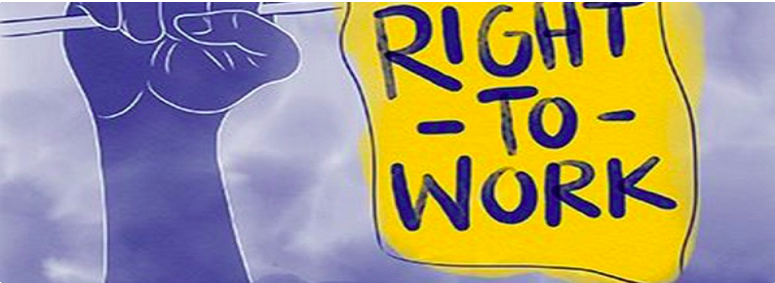Employment blockade for engagement in search and rescue
Kai Kaltegärtner faced employment discrimination because of his work for a Search and Rescue NGO. Although the employment agency denies this, they failed to provide compelling evidence that the decision was not discriminatory. This led the Dutch Human Rights Committee to conclude that Kai Kaltegärtner was discriminated against because of his political opinions.

Image Credits: IASEXPRESS
Kai Kaltegärtner was first contacted for a job at Total Crew B.V (Agency) at the beginning of 2019 and worked for them on a job in August-September 2019. In early July 2020, Mr Kaltegärtner applied again to the Agency. After the Agency initially reacted positively, they informed Mr Kaltegärtner on 06.08.2020 that the Agency would not employ him anymore and referred to a news article that mentioned his work of civilian sea rescue of refugees. In a subsequent call demanding a clarification the Agency persisted that the article contained ‘bad things’ about Mr Kaltegärtner.The Agency thus discriminated Mr Kaltegärtner because of his political views. Mr Kaltegärtner has suffered damage in the form of loss of income, as well as the non-material damage of being a victim of discrimination.
On behalf of Mr Kaltegärtner, lawyers of Prakken d’Oliveira in the Netherlands wrote to the Agency in order to reach an out-of-court settlement. On 20.11.2020, the Agency rejected the claim out of hand and denied that Mr Kaltegärtner was discriminated against.
As the next step, it was decided to file a complaint with the Dutch Human Rights Committee (College voor de Rechten van de Mens). This committee specialises in discrimination cases and is therefore the competent authority to decide whether the person in question has been discriminated against or not. With the financial support of the Sea-Watch Legal Aid Fund, the case was lodged with the Dutch Human Rights Committee in 2021.
The Agency was informed and asked by the Committee to submit a submission. On 27 June 2022, the Committee issued their judgment. They decided that Mr Kaltegärtner was discriminated against by the Agency based on political opinion. In the decision, the Committee considered that Mr Kaltegärtner provided sufficient facts to assume discrimination happened and therefore the Agency had to provide evidence that they did not discriminate against him which they failed to do. The Committee rejected the arguments of the Agency, that Mr Kaltegärtner had been refused because he previously functioned poorly, due to a lack of evidence.
Join us in combat against any discrimination for showing solidarity with people on the move by donating here.